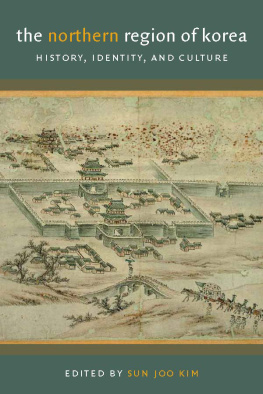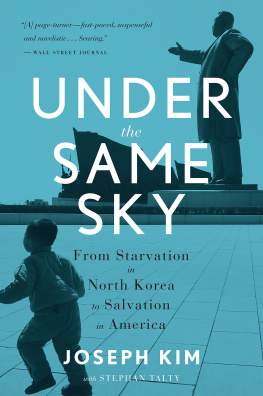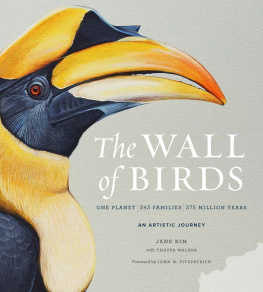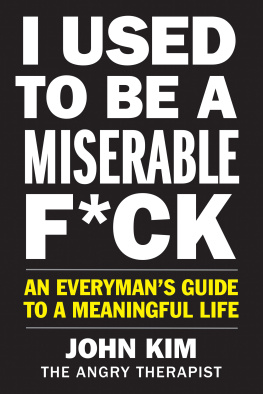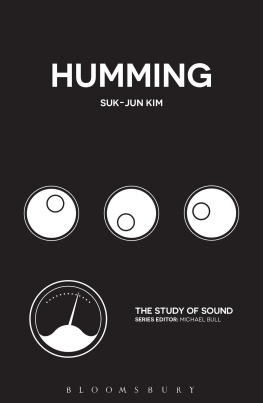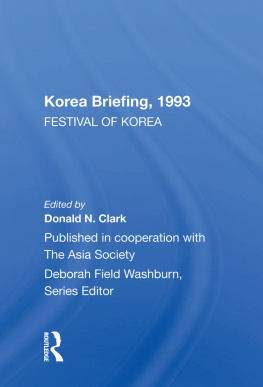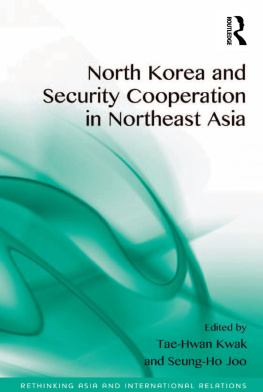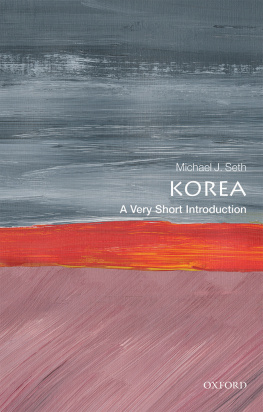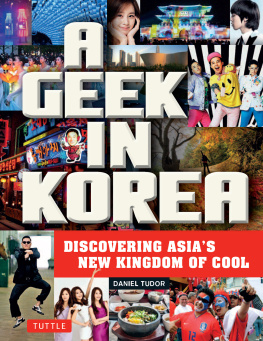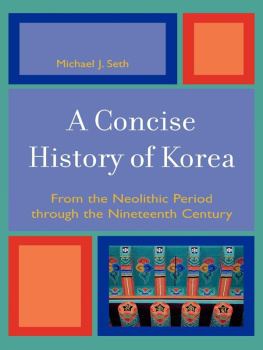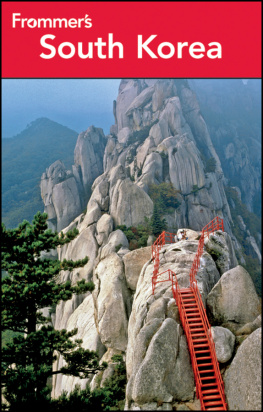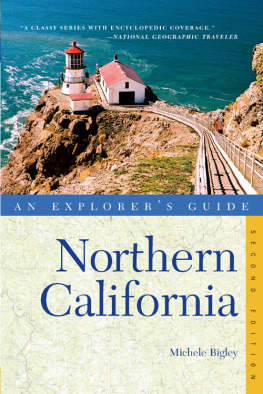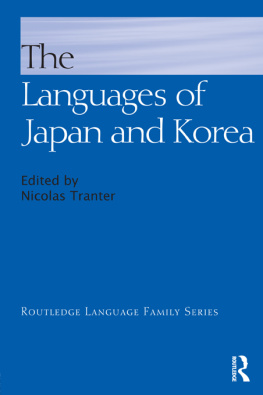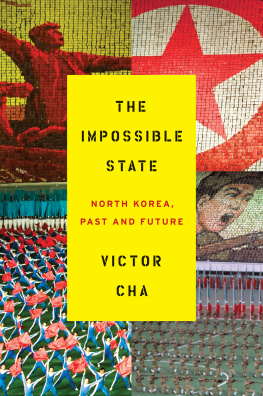Kim - The Northern Region of Korea
Here you can read online Kim - The Northern Region of Korea full text of the book (entire story) in english for free. Download pdf and epub, get meaning, cover and reviews about this ebook. publisher: University of Washington Press, genre: Politics. Description of the work, (preface) as well as reviews are available. Best literature library LitArk.com created for fans of good reading and offers a wide selection of genres:
Romance novel
Science fiction
Adventure
Detective
Science
History
Home and family
Prose
Art
Politics
Computer
Non-fiction
Religion
Business
Children
Humor
Choose a favorite category and find really read worthwhile books. Enjoy immersion in the world of imagination, feel the emotions of the characters or learn something new for yourself, make an fascinating discovery.
The Northern Region of Korea: summary, description and annotation
We offer to read an annotation, description, summary or preface (depends on what the author of the book "The Northern Region of Korea" wrote himself). If you haven't found the necessary information about the book — write in the comments, we will try to find it.
The Northern Region of Korea — read online for free the complete book (whole text) full work
Below is the text of the book, divided by pages. System saving the place of the last page read, allows you to conveniently read the book "The Northern Region of Korea" online for free, without having to search again every time where you left off. Put a bookmark, and you can go to the page where you finished reading at any time.
Font size:
Interval:
Bookmark:

This book is published by the Center for Korea Studies at the University of Washington with the assistance of a grant from the Academy of Korean Studies.
2010 by the Center for Korea Studies, University of Washington
Printed in the United States of America
15 14 13 12 11 10 5 4 3 2 1
All rights reserved. No part of this publication may be reproduced or transmitted in any form or by any means, electronic or mechanical, including photocopy, recording, or any information storage or retrieval system, without permission in writing from the publisher.
CENTER FOR KOREA STUDIES
Henry M. Jackson School of International Studies
University of Washington
Box 353650, Seattle, WA 98195-3650
http://jsis.washington.edu/Korea
UNIVERSITY OF WASHINGTON PRESS
P.O. Box 50096, Seattle, WA 98145 U.S.A.
www.washington.edu/uwpress
LIBRARY OF CONGRESS CATALOGING-IN-PUBLICATION DATA
The northern region of Korea : history, identity, and culture / edited by Sun Joo Kim.1st ed.
p. cm.(Center for Korea Studies publication)
Includes bibliographical references and index.
ISBN 978-0-295-99041-5 (acid-free paper)
e-ISBN: 978-0-295-80217-6
1. Hwanghae-bukto (Korea)History. 2. Hamgyong-bukto (Korea)History. 3. Pyongan-bukto (Korea)History. 4. RegionalismKorea (North)Hwanghae-bukto. 5. RegionalismKorea (North)Hamgyong-bukto. 6. RegionalismKorea (North)Pyongan-bukto. 7. EthnicityKorea (North)Hwanghae-bukto. 8. EthnicityKorea (North)Hamgyong-bukto. 9. EthnicityKorea (North)Pyongan-bukto. I. Kim, Sun Joo, 1962
DS936.H85N67 2010
951.93dc22
2010004169
The paper used in this publication meets the minimum requirements of American National Standard for Information Sciences-Permanence of Paper for Printed Library Materials, ANSI Z39.48-1984.
MAPS
FIGURES
TABLES
The inception of this project in 2003 under the working title The Northern Region, Culture, and Identity in Korea was much encouraged by my dearest colleague, Carter J. Eckert. Without his rather forceful push, I would not have dared to initiate this project, which I knew would take years to complete. I am most thankful for his steady support and faith in me. Professors Yi Taejin and Oh Soo-chang resided in Cambridge while I struggled to develop concrete plans for the project. Together with my colleagues David R. McCann and Edward J. Baker, they served as members of the advisory committee for the project, which first met in January 2004, and helped me establish useful directions for the project. Since then, numerous people, in particular Peter K. Bol, supported the project throughout the past seven years. I am greatly indebted to their warm guidance.
The project convened two workshops on June 14, 2004 and February 1819, 2005 respectively, and one conference on October 2021, 2005. Altogether twenty-four papers were presented at these three occasions, but this present volume carries only eleven. Those scholars, who participated in and enriched the project, but whose papers are not included in this book because of various reasons, including the protracted publication process, are: Kyung Moon Hwang, Northern Koreans in the Chos n and Early Modern Eras; Jeon Bong-hee, A Preliminary Study on the Characteristics of Architectural Heritages in the Northern Region in Korea,; Sun Joo Kim, An Investigation of Elite Culture and Society of Ch
n and Early Modern Eras; Jeon Bong-hee, A Preliminary Study on the Characteristics of Architectural Heritages in the Northern Region in Korea,; Sun Joo Kim, An Investigation of Elite Culture and Society of Ch ngju, Py
ngju, Py ngan Province, in the Late Chos
ngan Province, in the Late Chos n Period; Oh Soo-chang, Expectations and Policies of Py
n Period; Oh Soo-chang, Expectations and Policies of Py ngan Province in the Early Nineteenth Century: Perspectives from the Local and the Center; David R. McCann, Kim Sow
ngan Province in the Early Nineteenth Century: Perspectives from the Local and the Center; David R. McCann, Kim Sow l and His Poetic World as a Northerner; Ann Y. Choi, United Nation: The Poetry of Kim Sow
l and His Poetic World as a Northerner; Ann Y. Choi, United Nation: The Poetry of Kim Sow l and Kim Y
l and Kim Y ngnang; Lee Jung Sook, Kim Sa-ryangs Literary Connection with Py
ngnang; Lee Jung Sook, Kim Sa-ryangs Literary Connection with Py ngyang; Kim Kuen-Tae, The Characteristics of the Financial Policy in Py
ngyang; Kim Kuen-Tae, The Characteristics of the Financial Policy in Py ngan Province as seen through Household Registers in Mid-Nineteenth Century Korea; Ko Seung Hee, The Characteristics of Regional Development in Hamgy
ngan Province as seen through Household Registers in Mid-Nineteenth Century Korea; Ko Seung Hee, The Characteristics of Regional Development in Hamgy ng Province in Late Chos
ng Province in Late Chos n; Chong Bum Kim, Jerusalem is Doomed: Kil S
n; Chong Bum Kim, Jerusalem is Doomed: Kil S n-ju and Christian Millennialism in Northwest Korea and For God and Country: The Osan School in Colonial Korea; Kim Gwi-Ok, Life Experience and Culture of the People from Hamgy
n-ju and Christian Millennialism in Northwest Korea and For God and Country: The Osan School in Colonial Korea; Kim Gwi-Ok, Life Experience and Culture of the People from Hamgy ng Province during Japanese Colonial Rule; and Seung-Hee Jeon, Korean History from the Late Nineteenth to Mid-Twentieth Century from the Perspective of a Kaes
ng Province during Japanese Colonial Rule; and Seung-Hee Jeon, Korean History from the Late Nineteenth to Mid-Twentieth Century from the Perspective of a Kaes ng Merchant Family in Pak Wans
ng Merchant Family in Pak Wans s Kkum end
s Kkum end l ichiriya.
l ichiriya.
Many other scholars from near and far joined these meetings as commentators and moderators; their critical views and encouraging comments were enormously helpful in revising the papers and tightening arguments. They are: John B. Duncan at UCLA, Vipan Chandra at Wheaton College, Gari Keith Ledyard at Columbia University, Kyung Moon Hwang at the University of Southern California, Christine Kim at Georgetown University, Kwon Youngmin at Seoul National University, Sung-Yoon Lee at Tufts University, and Peter K. Bol, Elizabeth J. Perry, David R. McCann, Carter J. Eckert, Mikael Adolphson, Sang-Suk Oh, and Wesley Jacobsen at Harvard University. I am grateful for their intellectual generosity. A number of students at Harvard lent enthusiastic hands for the project: Jungwon Kim, Aeri Shin, Sue-Jean Cho, and Junghwan Lee as assistants; Ellie Choi, Peter Wayne de Fremery, Jungwon Kim, Ji-Eun Lee, Junghwan Lee, Javier Cha, and Aeri Shin as translators; Jaeyoon Song, Ellie Choi, Victoria Kim, and Mia You as simultaneous interpreters; and Joe Wicentowski and Tae Yang Kwak in managing the conference website. Susan Lee Laurence, Myong-suk Chandra, Kathryn Maldonis, Susan McHone, and Melanie Wang all provided essential services in various administrative capacities. I owe all of them a huge hug and many thanks.
All three meetings and the publication itself would have been impossible without the generous financial support of a number of organizations. I would like to thank the Korea Research Foundation, the Korea Foundation, the Harvard-Yenching Institute, and Harvards Asia Center and Korea Institute. From the beginning, Clark Sorensen showed genuine enthusiasm, embraced the book, and took great care of it through every step of the publication , which required expertise in linguistics.
Font size:
Interval:
Bookmark:
Similar books «The Northern Region of Korea»
Look at similar books to The Northern Region of Korea. We have selected literature similar in name and meaning in the hope of providing readers with more options to find new, interesting, not yet read works.
Discussion, reviews of the book The Northern Region of Korea and just readers' own opinions. Leave your comments, write what you think about the work, its meaning or the main characters. Specify what exactly you liked and what you didn't like, and why you think so.

